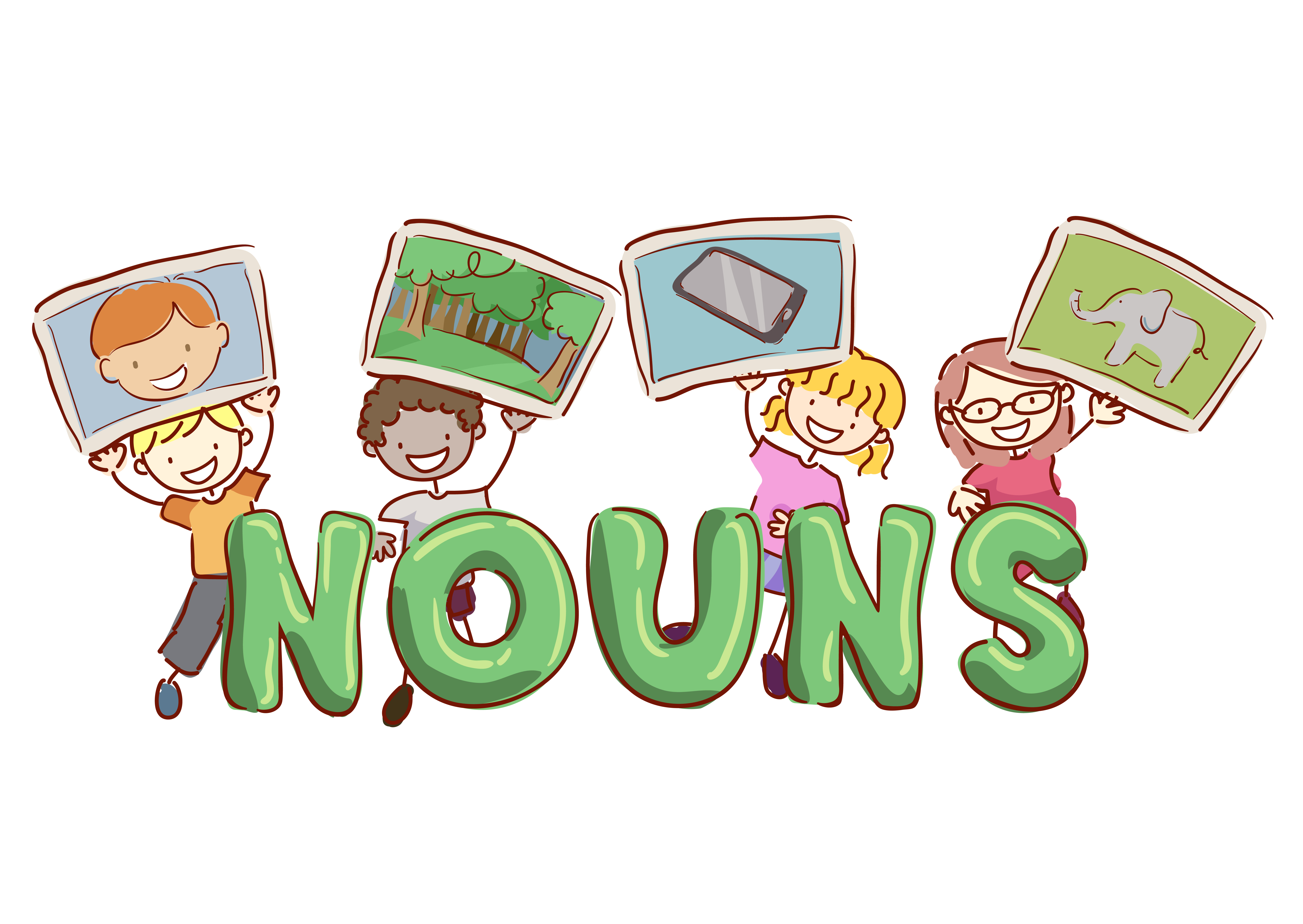Shape Recognition Normal Worksheets for 9-Year-Olds
6 filtered results
-
From - To
Discover Shape Recognition Normal Worksheets designed specifically for 9-year-olds to enhance their understanding of geometric shapes. Our engaging and interactive worksheets provide a fun way for young learners to identify, compare, and categorize various shapes through lively illustrations and practical exercises. With age-appropriate challenges, these resources nurture critical thinking and spatial awareness, making shape recognition both enjoyable and educational. Suitable for classroom use or at-home practice, these worksheets foster confidence in geometry while aligning with educational standards. Help your child master shape recognition skills today with our creative and stimulating worksheet collection, ensuring they enjoy a solid foundation in mathematics!
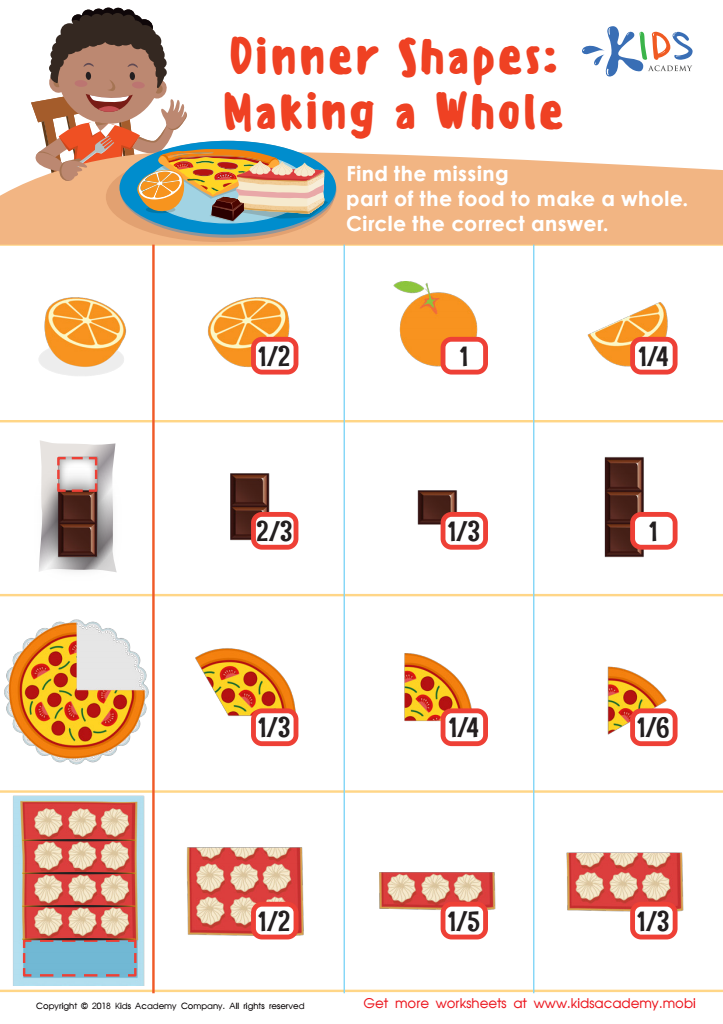

Dinner Shapes: Making a Whole Worksheet
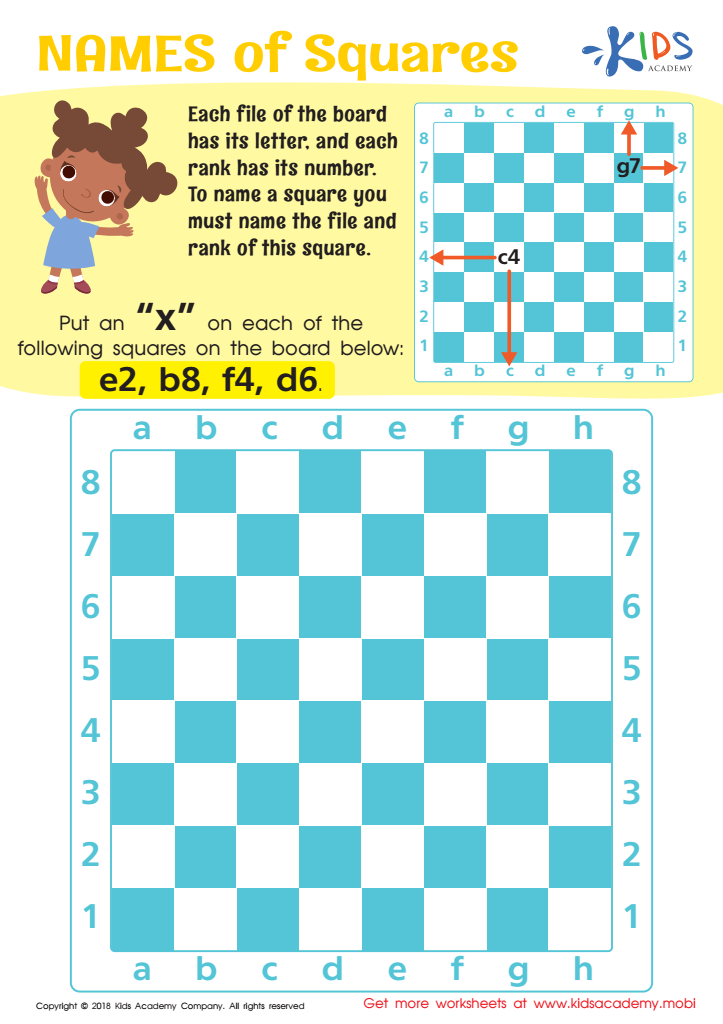

Names of Squares Worksheet
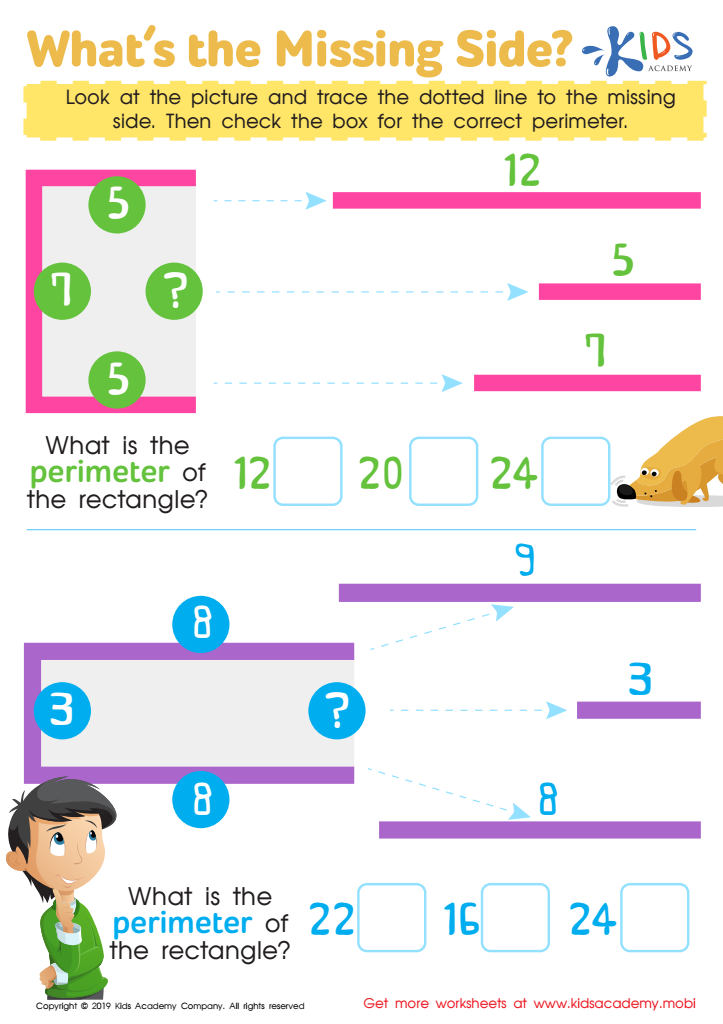

What's the Missing Side Worksheet
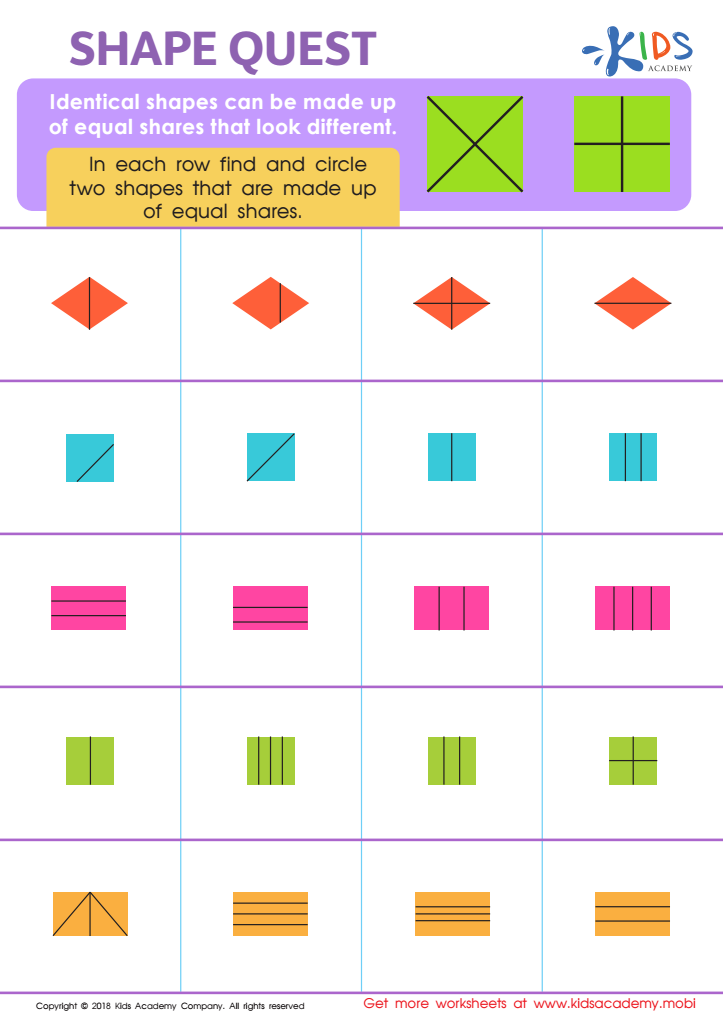

Shape Quest Worksheet
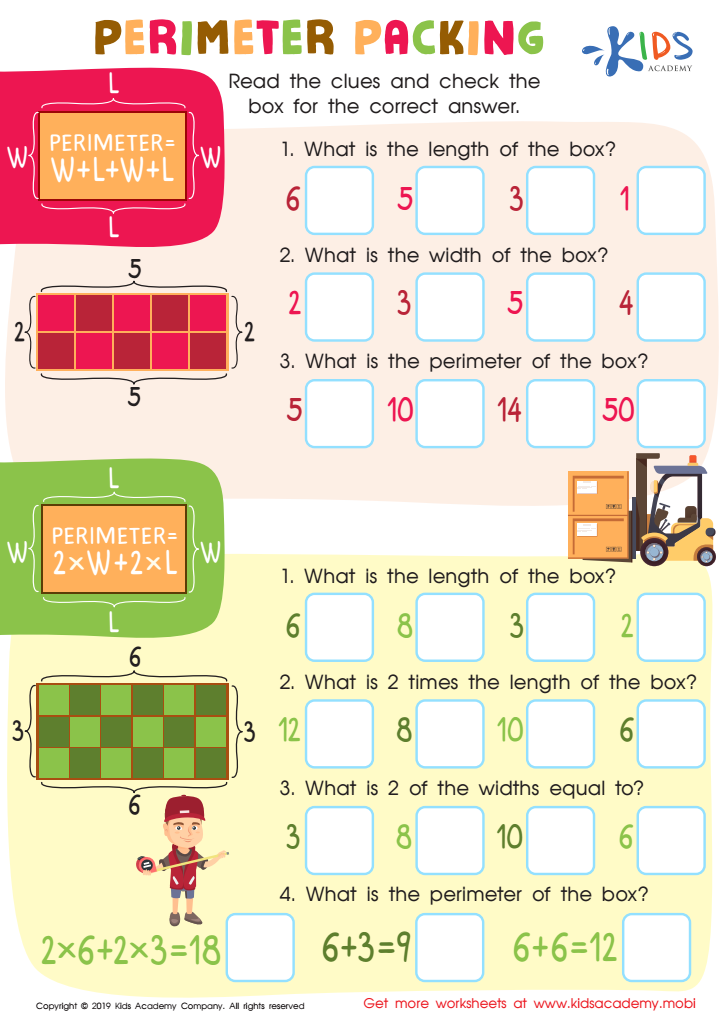

Perimeter Parking Worksheet
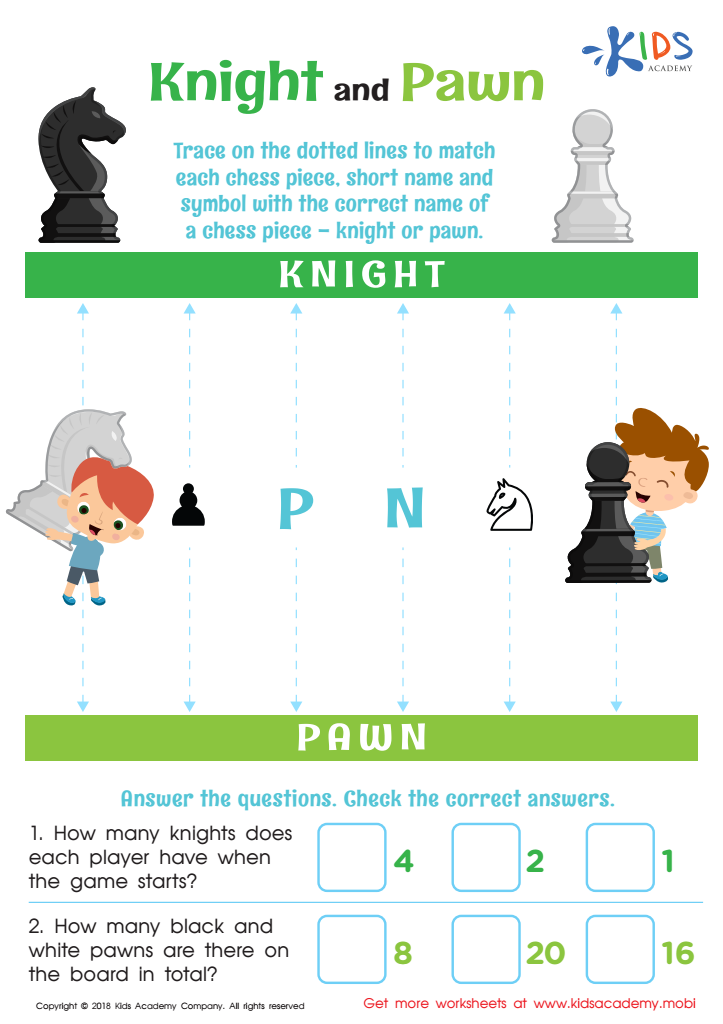

Knight and Pawn Worksheet
Shape recognition is a fundamental cognitive skill that plays a critical role in a child's overall development, particularly at the age of nine. As children expand their understanding of the world, the ability to identify, compare, and categorize different shapes is essential. This skill contributes to various areas of learning, including mathematics, art, and problem-solving.
For parents and teachers, fostering shape recognition can significantly enhance a child's spatial awareness and visual perception. These skills are not only vital for math concepts like geometry and measurement but also interconnect with daily life activities, helping children navigate their environment more effectively. Furthermore, recognizing shapes lays the groundwork for more complex reasoning skills, which are crucial for developing critical thinking.
Additionally, early mastery of shape recognition encourages confidence in mathematical abilities, reducing math anxiety as they progress in school. It also supports the integration of other subjects, such as science, where understanding shapes can aid in grasping concepts related to objects and structures. Thus, parents and teachers should prioritize shape recognition activities, as they facilitate a well-rounded foundation for lifelong learning and cognitive growth. Investing time in these skills promotes holistic development and prepares children for future academic challenges.
 Assign to My Students
Assign to My Students






